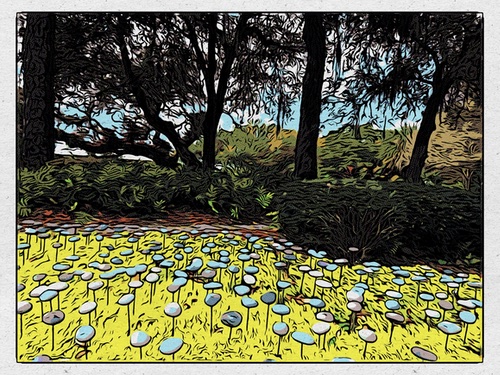Claude and I discussed it, and my theory (Claude is giving me full credit) is an LLM of this sort is not a communications medium at all. There’s no way for a human to put a new idea directly into it and no way to send that message to another human. Instead, my take is that Claude brings us everything it knows, and that its function is to help us go within, not across.
~ Seth Godin, from Across and within | Seth’s Blog
slip:4useao2.
A slightly longer than usual blog post from Godin making the interesting point differentiating across time, versus across space (just normal space, not outer space.) I know I find “talking” with LLMs very helpful for various reasons. I think the biggest is that it is (or at least “feels like”) one-on-one communication; It’s very much not social media where I always feel like I’m serving corporate masters by making grist for their mills.
ɕ
